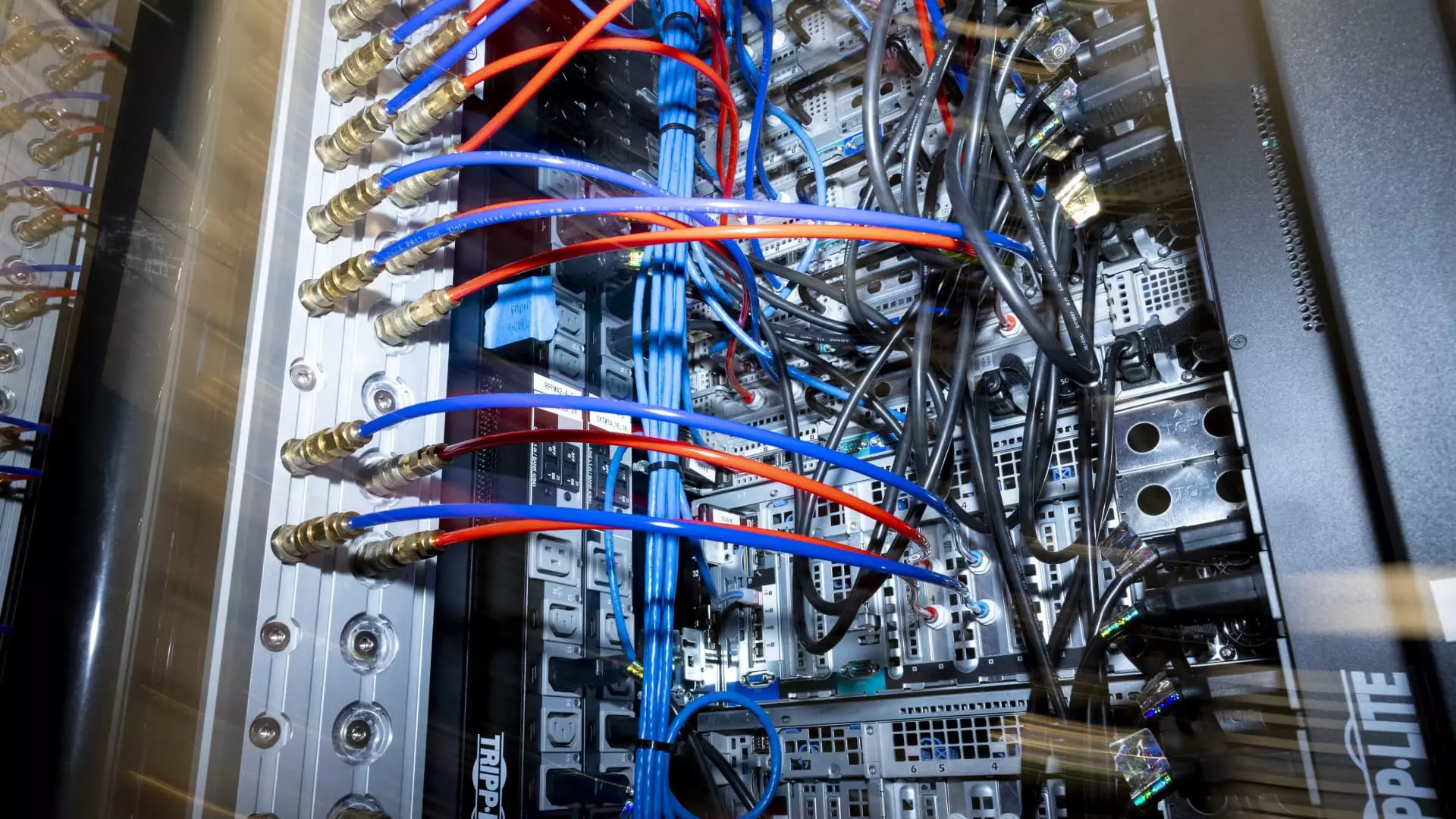Recent developments regarding U.S. investments in China highlight a significant shift in the approach toward technology transfer and national security. As tensions between the United States and China continue to escalate, particularly in the realm of technology and military advancement, the U.S. government is prioritizing the review and regulation of investments in sensitive technologies. This initiative primarily focuses on industries critical to national defense and security, including artificial intelligence, semiconductors, microelectronics, and quantum computing.
The U.S. Treasury Department is preparing to finalize rules that mandate prior notification of any outbound investments in these areas. Such regulations are not merely procedural; they represent a strategic effort to limit the transfer of crucial technology to a competitor perceived as a threat. By introducing these rules, the Biden administration aims to safeguard national security interests while maintaining a competitive edge in the global technological landscape.
Implications of Curbing Chinese Investment
The repercussions of this policy are multifaceted. On one hand, these regulations could bolster U.S. national security by preventing technologies with potential military applications from being utilized by the Chinese military, thereby mitigating the risks associated with advanced surveillance and cyber capabilities. On the other hand, these restrictions may hinder U.S. companies’ growth and innovation, limiting their access to one of the largest markets for technological development.
The proposed measures have been under discussion since June of the prior year, indicating a deliberate and extended consideration of the implications of such actions. According to former Treasury official Laura Black, the urgency to implement these rules before the upcoming presidential election in November underscores the political motivations driving this initiative. As the administration seeks to solidify its stance on national security, these investment controls become a key feature of its economic policy narrative.
Public Engagement and Corporate Considerations
An interesting aspect of this regulatory process is the Treasury Department’s invitation for public and corporate feedback. By soliciting input, the administration not only demonstrates transparency but also acknowledges the complexities involved in defining which transactions merit scrutiny. This engagement may help clarify the scope of restrictions, allowing stakeholders to voice their concerns while contributing to a more balanced regulatory framework.
Companies, particularly those operating in the tech sector, will need to navigate this evolving environment with care. The challenge will be to innovate and expand their operations without crossing thresholds defined by these new regulations. The mix of patriotic duty and corporate necessity will be a balancing act for business leaders as they assess the risks of potential investment opportunities in China.
The impending regulations concerning U.S. investments in sensitive technologies indicate a transformative moment in U.S.-China relations. As the Biden administration aims to fortify national security through regulatory measures, it also raises questions about the future of technological collaboration and competition. While these policies are positioned as protective measures, their broader impact on international relations, economic growth, and the global technology landscape is still unfolding. The stakes are undeniably high, and the world will be closely watching how these policies shape the next phase of U.S.-China dynamics.

